OU News
News from The Open University
- Home
- Category: Science, maths, computing and technology
Category: Science, maths, computing and technology
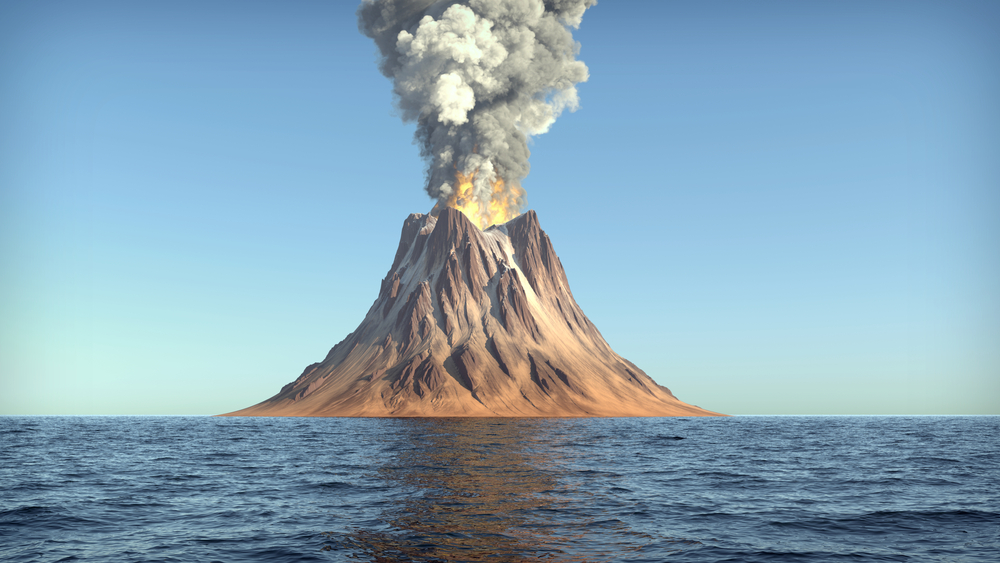
Research reveals depths of plumbing system of ocean volcanoes
An Open University scientist is among those to have revealed the true extent of the internal “plumbing system” that drives volcanic activity around the world. Dr Frances Jenner is co-author on a new study published in Nature, which has challenged existing knowledge of the structure of ocean volcanoes. The study involved an examination of pockets […]
Read more about Research reveals depths of plumbing system of ocean volcanoes
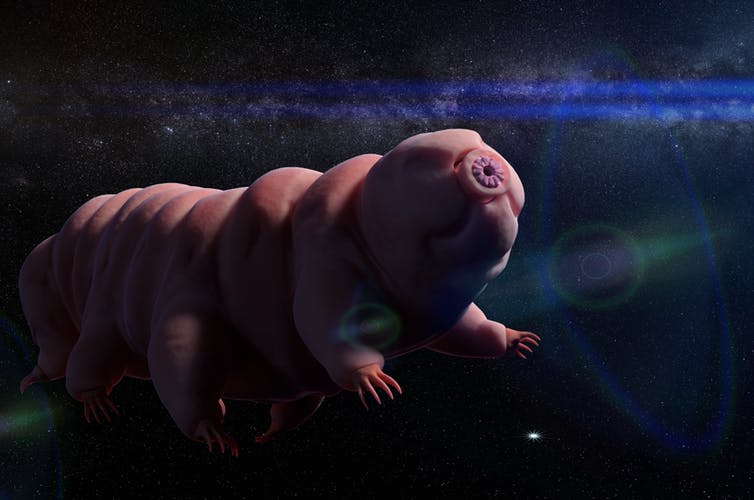
Tardigrades: we’re now polluting the moon with near indestructible little creatures
Monica Grady, The Open University writing for The Conversation An Israeli spacecraft called Beresheet almost made it to the moon in April. It took a selfie with the lunar surface in the background, but then lost contact with Earth and presumably crashed onto the lunar surface. Now it’s been revealed that the mission was carrying […]
Read more about Tardigrades: we’re now polluting the moon with near indestructible little creatures
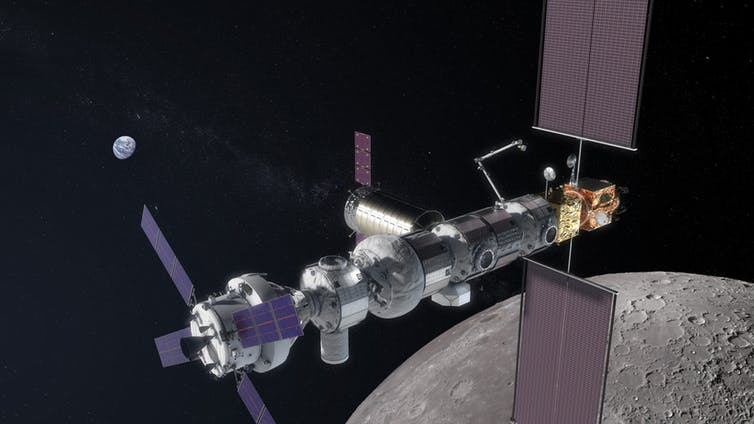
Moon 2069: lunar tourism and deep space launches a century on from Apollo?
Monica Grady, The Open University We’ve just celebrated the 50th anniversary of the first moon landing, glorying in the achievements of three astronauts and the team of engineers and scientists behind them. From that perspective, we can look back and see what we have learned from the mission. But what if we take a giant […]
Read more about Moon 2069: lunar tourism and deep space launches a century on from Apollo?

To the moon and beyond 5: What space exploration will look like in 2069
Miriam Frankel, The Conversation and Martin Archer, Queen Mary University of London What will space exploration look like in 2069, a century after the first moon landing? In the fifth and final episode of the podcast series, To the moon and beyond, we speak to space scientists about the missions they are dreaming about and […]
Read more about To the moon and beyond 5: What space exploration will look like in 2069

Moon landings: what the future holds
As the world remembers the day 50 years ago that astronauts stepped on the Moon for the first time, the OU’s Dr Mahesh Anand, considers the future of space exploration and establishing a Moon base, with the challenges this could involve. Dr Anand is a renowned lunar scientist and Reader in Planetary Science and Exploration, […]
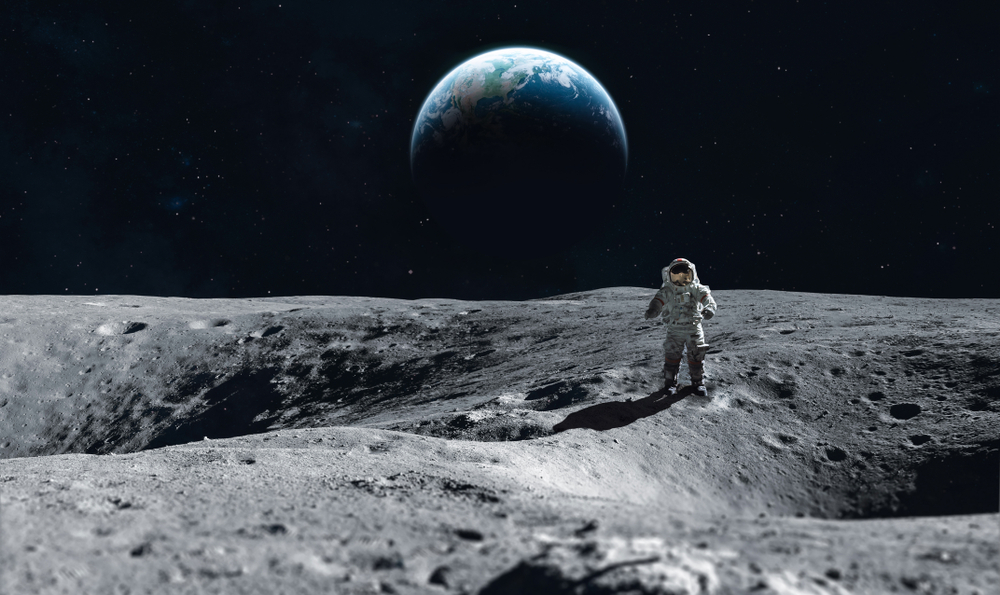
My three minutes with the first man on the Moon
When you meet the man who took the first “small step” for man on the Moon, it’s not surprisingly an occasion which sticks in your memory. The OU’s Emeritus Professor John Zarnecki had that encounter just over nine years ago and recalls his chat with Apollo 11 astronaut Neil Armstrong: In March 2010 Professor John […]
Read more about My three minutes with the first man on the Moon
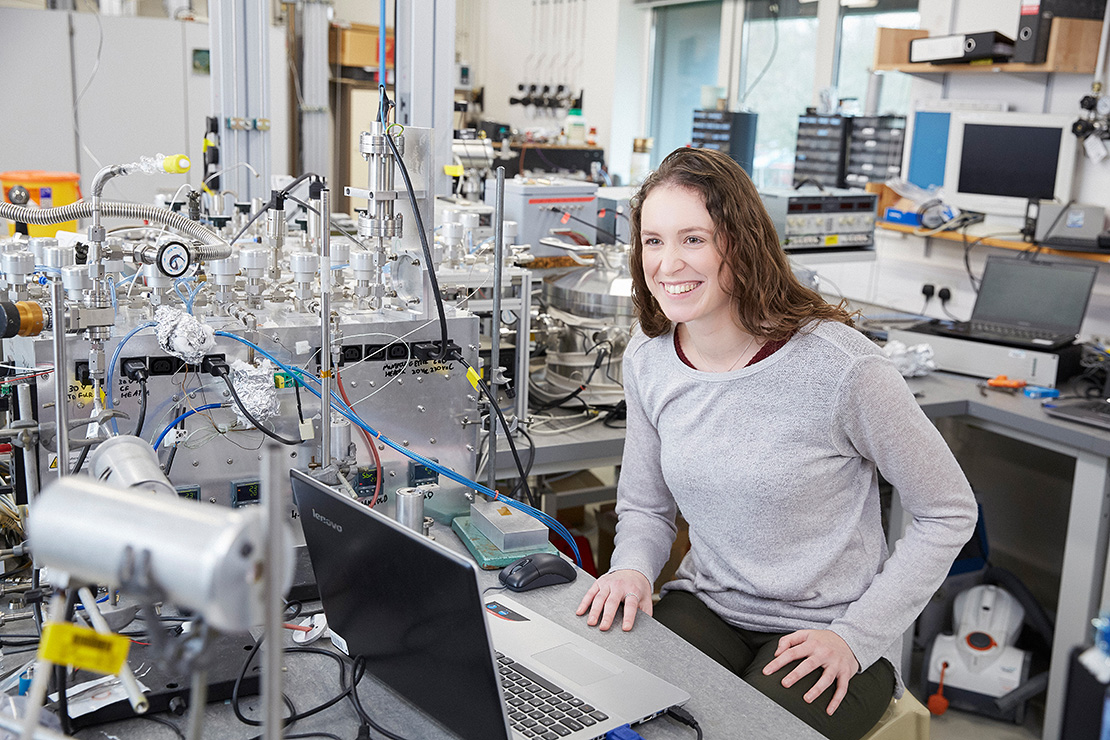
Water on the Moon; the work behind the dream
Hannah Sargeant is a PhD student at The Open University, working on techniques to extract water from Moon rocks. As around the globe, people remember the 50th anniversary of the Moon landings, we talked to her about what led her to the OU and her work as a researcher: “Why did I choose to work […]
Read more about Water on the Moon; the work behind the dream
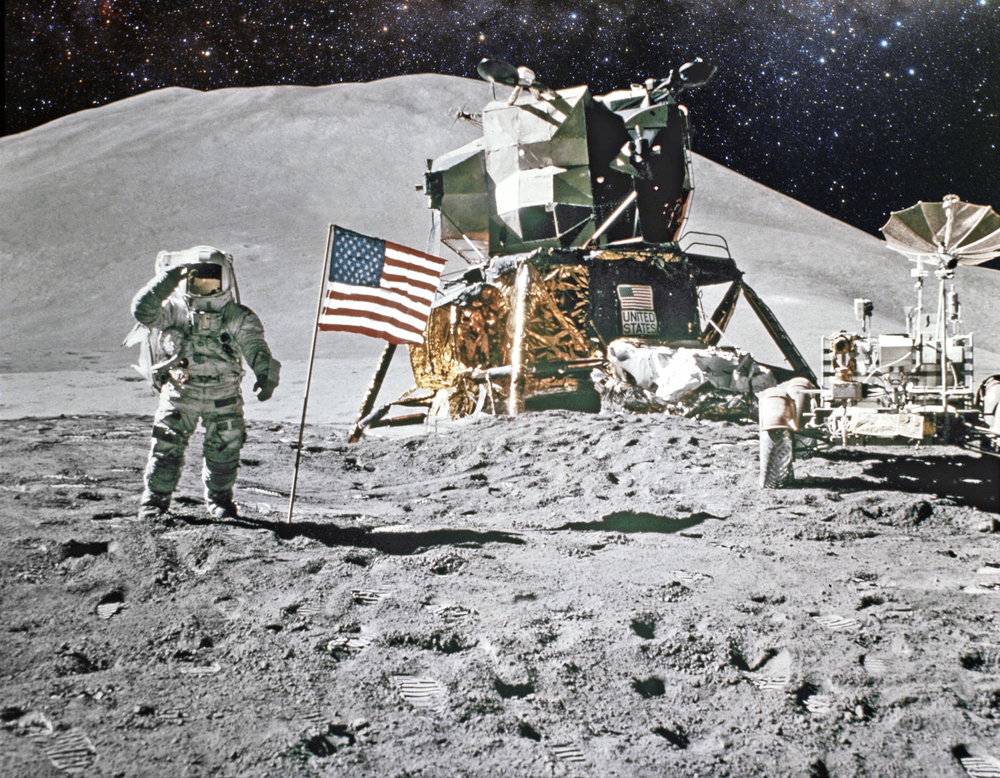
Open University announced as NASA partner on mission to the Moon
Scientists from The Open University (OU) are supporting one of a series of ground-breaking missions by NASA to go back to the Moon. The announcement comes as the world prepares to mark the 50th anniversary of the first Moon landings, when astronauts from Apollo 11 walked on the Moon on July 20th 1969. These new […]
Read more about Open University announced as NASA partner on mission to the Moon

“The OU completely changed my life”
Science was the one subject Ray Barber loved since he was a boy. Working as a college technician with no qualifications, he embarked on an OU degree and his life took an amazing turn; which he credits to the qualifications he gained with the OU. He’s since travelled the world with his work, including a […]
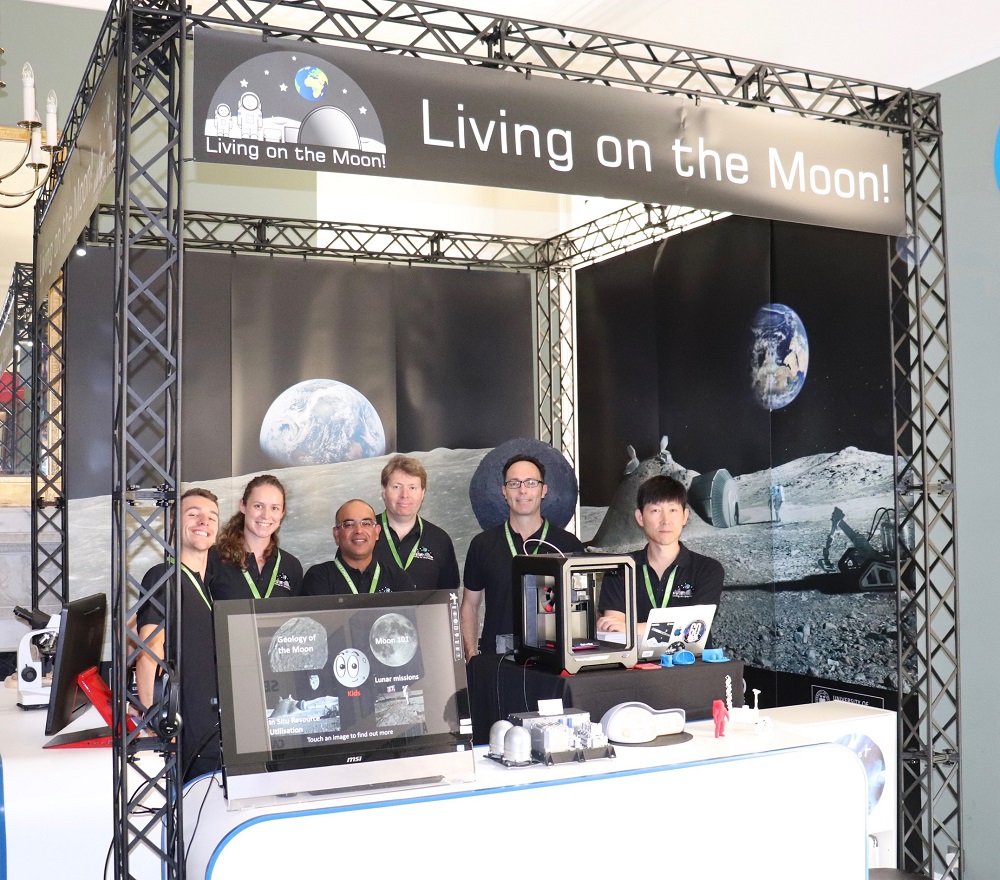
OU’s Lunar scientists take a look at living on the Moon
A team of UK scientists, led by The Open University, are revealing research which brings the possibility of living on the Moon much closer. The Living on the Moon! exhibit at the Royal Society Summer Science Exhibition (1-7 July), created by a consortium of 5 UK institutions, brings together lunar research from the past 50 […]
Read more about OU’s Lunar scientists take a look at living on the Moon
Page 37 of 59